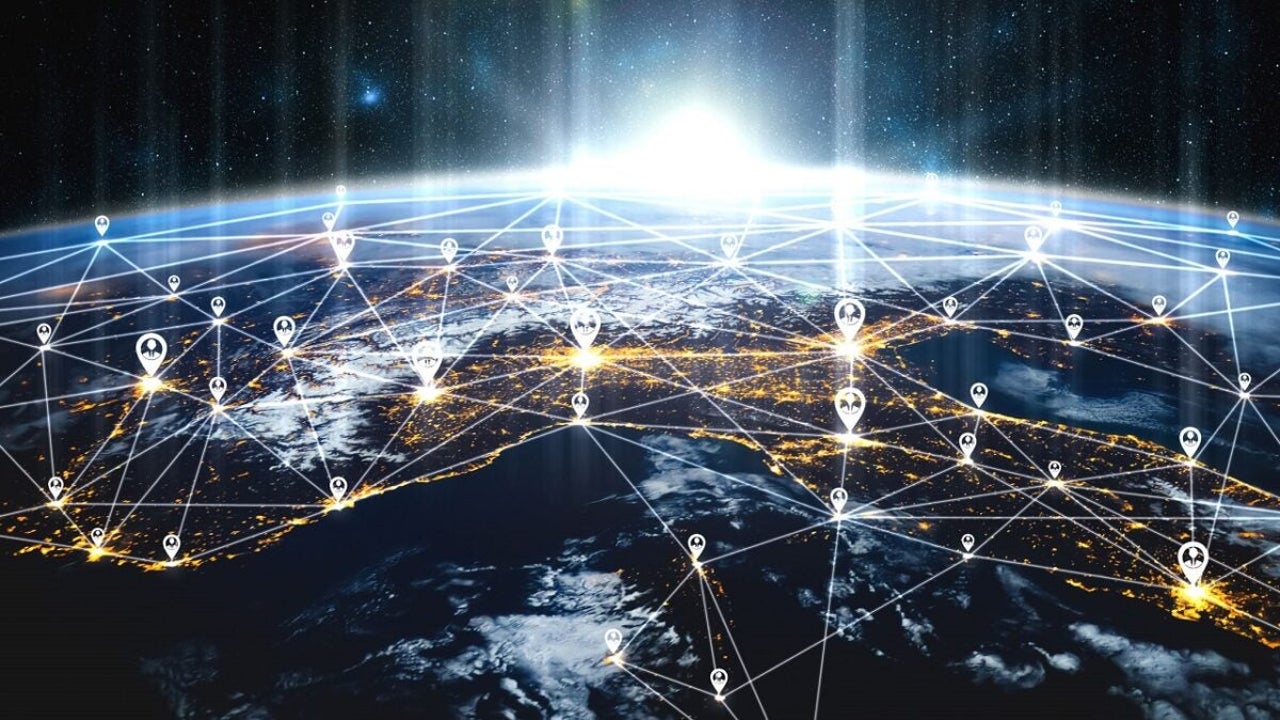News
What is the real weight of the Internet? Experts weigh in
The growth of the Internet raises questions about its

- April 21, 2025
- Updated: April 21, 2025 at 10:19 AM

The Internet has evolved remarkably over the last four decades, growing from 1,000 devices in 1982 to more than 40 billion today.
This accelerated growth raises an intriguing question: what is the real “weight” of this vast digital network?
Currently, it is estimated that there are more than 200,000 million zettabytes of data stored on the web, which poses a challenge to understanding its true magnitude.
The impact of the Internet: more than a physical weight, a symbolic force
Using Einstein’s famous formula (E=mc²), some experts are trying to theoretically calculate the weight of the data stored on the internet; however, estimates suggest that the energy mass of all this information would be less than a milligram.
Likewise, a more tangible comparison has been proposed using DNA as a unit of measurement: one gram of DNA can store up to 215 petabytes, which would imply that 1.1 tons of DNA would be needed to store the entire internet, a “weight” comparable to that of a small car.
On the other hand, physicist Russell Seitz has suggested that the weight of the internet could be analyzed through the electrical energy consumed by servers and repeaters. Although this approach could result in a weight equivalent to a handful of strawberries, it is considered an outdated method since data flows constantly between various devices and transmission media.
Despite these uncertainties, the impact of the internet on our lives is undeniable. It cannot be measured as a physical entity, but its influence is immense and is perceived more in a symbolic and philosophical realm. As we reflect on the interconnectivity that the web provides us, the question of its “weight” transcends matter, leading to a deeper exploration of our digital world.
Latest from Agencias
You may also like

Marvel resurrects one of its most iconic comics from the 90s: the swimsuit specials
Read more

Armored Core Mobile Mission makes a surprise return after 20 years with a big but
Read more

Steam has made this curious game free and you have 48 hours to claim it
Read more

From the random button to interactive series: the 5 biggest mistakes in Netflix history
Read more

Why is it impossible for the second season of The Last of Us to live up to the first?
Read more

U.S. Military Faces Supply Crisis as China Controls Rare Earth Mineral Exports
Read more